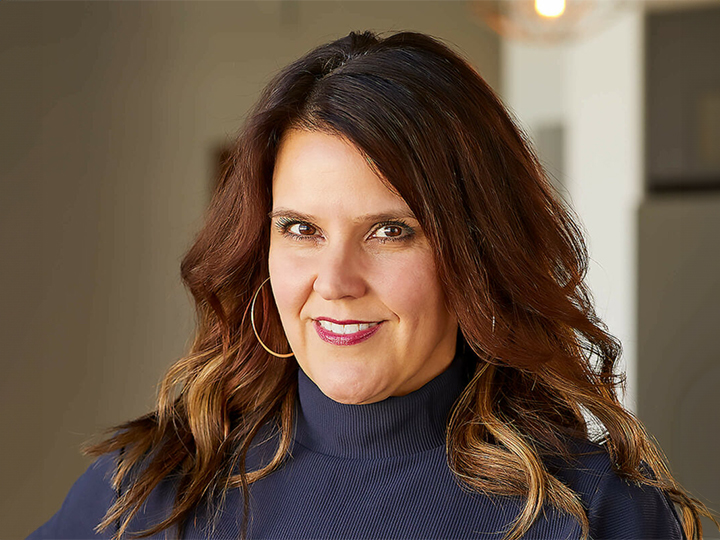ALK+ Lung Cancer
Faces of ALK+
Lung cancer often carries a stigma because of its connection with smoking, which negatively impacts funding and the experience of many people with lung cancer. We want to change that because nobody deserves lung cancer. Click each image to learn more about about the faces of ALK+ lung cancer.
If you’d like to be featured, please email [email protected]
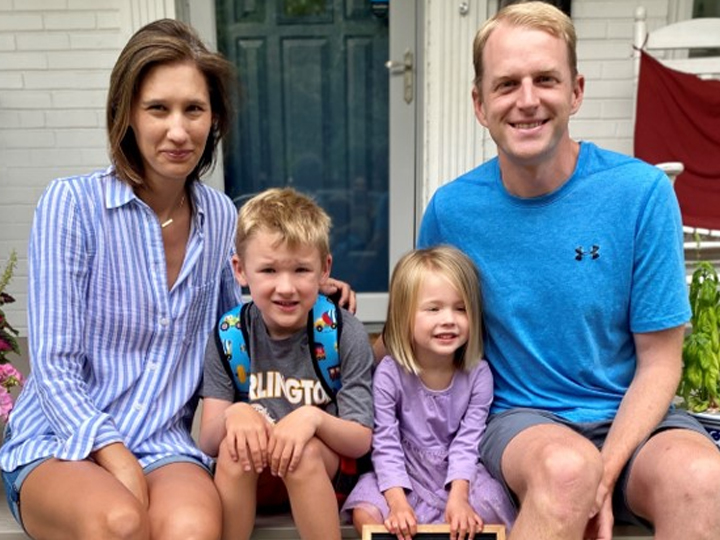
David Cornbrooks
Husband to Lisa and Father of Ethan and Liv
After experiencing a sharp pain in my chest and undergoing countless appointments, blood draws, scans, and two biopsies, I was diagnosed with Stage IV ALK+ lung cancer at 38 years old. I am an otherwise healthy, former Division 1 athlete and I have never smoked a single cigarette in my entire life. I’ve chosen to advocate because I’ve been inspired by the ALK patients before me who have spoken out and have pushed for more research — research that has made a meaningful impact and research that has literally added years to people’s lives. And research from which I’m keenly aware that I am benefiting. In fact, I am currently benefiting from a drug approved only in 2021 — as a first-line treatment for ALK+ lung cancer.
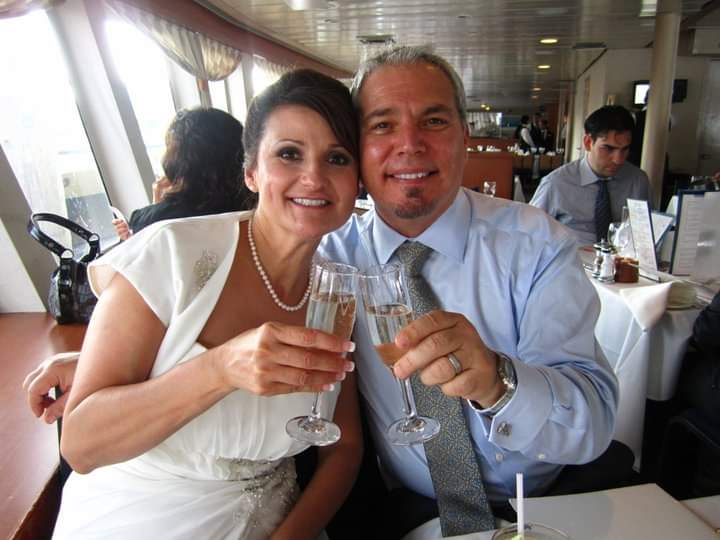
Chel Corombol
Wife, mother, grandmother of 9, great-grandmother of 6.
I was diagnosed with stage 3a ALK+ in 2015 at the age of 54. It was found incidentally when I was getting a CT scan for an unrelated health issue. Like most people you think you can only get lung cancer if you are a smoker, or previously smoked. I am a never smoker and was very physically fit. I had absolutely no symptoms. I underwent surgery to remove the top right lobe and several lymph nodes that tested positive as well. After recovering from surgery, I underwent adjuvant Chemotherapy and Radiation. In 2018 the cancer came back and I went on Alectinib. I have been on this targeted therapy going on 6 years with no evidence of the disease.
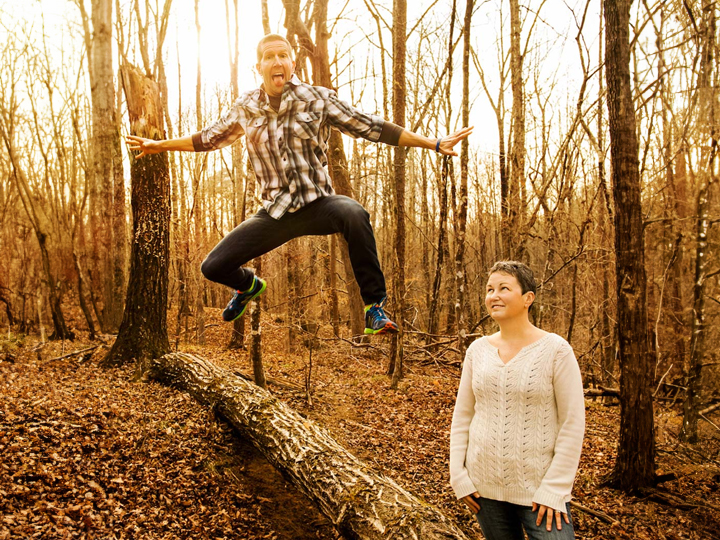
Kirk Smith
Husband to Jayne, President, ALK Positive, Inc.
Diagnosed with stage 4 ALK Positive lung cancer on December 26, 2013. I currently serve as president of ALK Positive, Inc., a patient-driven nonprofit organization, and on the board of directors of two local nonprofits, the Cancer Foundation of Northeast Georgia and the Athens Area Community Foundation. I’ve been honored with both the PPD Hero award (from PPD, a division of Thermo Fisher Scientific) when he raced Ironman 70.3 North Carolina, as well as the Hero of Hope award from the Lung Cancer Research Foundation (LCRF) for Mywork raising money for lung cancer research as well as advocating for the importance of clinical trials. I have also served on patient advocacy committees for Pfizer and Novartis. My wife, Jayne, and I live in Athens, GA.
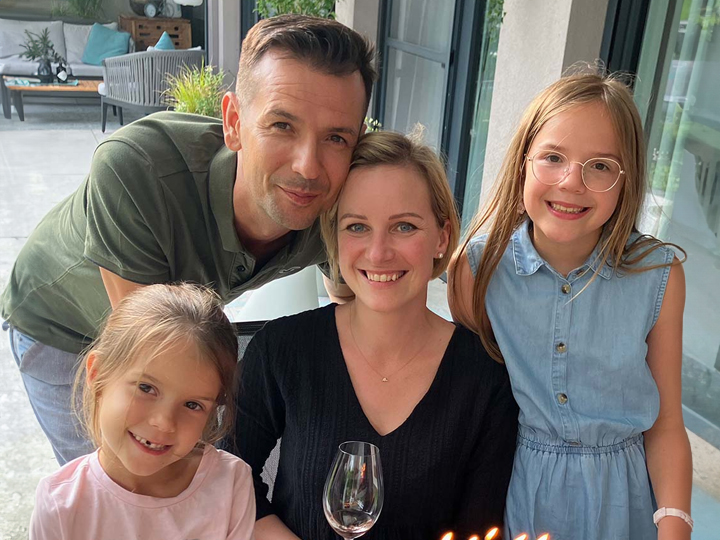
Sabine Radosavljevic
Mother of Ana & Lena
My name is Sabine and I’m from Austria, where I live with my husband and my two beautiful daughters. After having COVID-19 in 2020, I was diagnosed with ALK+ NSCLC (Stage 3b) at the age of 36. I had chemotherapy and radiation, followed by a couple rounds of immunotherapy. After doctors found metastasis in my hip bone in December 2021, I’ve been taking Alectinib, to which I’m responding very well. Today, there is no evidence of disease and I’m hoping for many more scans with the same result. I am a very positive thinking person and enjoy every single day that has been given to me.
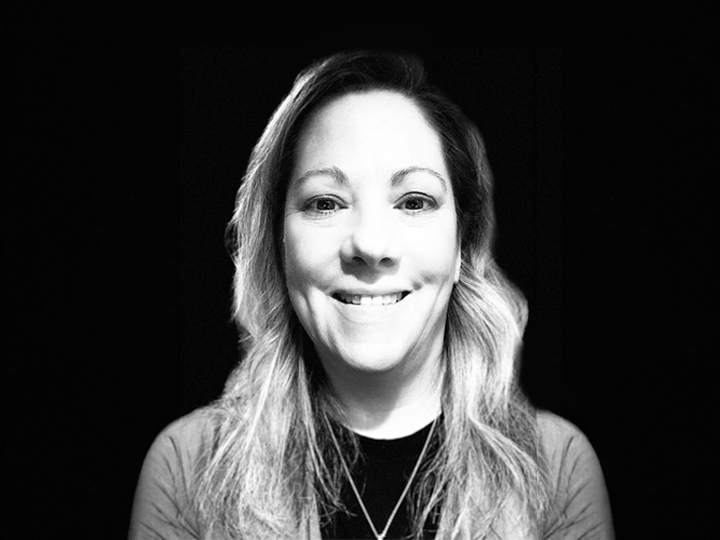
Elizabeth de Jong
Passionate advocate, loving wife
Elizabeth’s life was forever changed on September 16, 2016, when she was diagnosed with stage IV ALK+ NSCLC after experiencing hip and leg pain that led to the discovery of tumors. Despite the shock of her diagnosis, Elizabeth became deeply involved in lung cancer advocacy and research, serving on multiple committees and organizations, including the Go2 For Lung Cancer, Global Lung Cancer Patient Council, a consumer reviewer for the Congressionally Directed Medical Research Program, and severed on multiple lung cancer patient steering committees for pharmaceutical companies. She dedicated herself to raising awareness, advocating for funding, and supporting newly diagnosed patients. Elizabeth’s resilience and passion for life were evident in her advocacy work, her commitment to making memories with her husband Sven, and her gratitude for the care she received at Hillman Cancer Center.
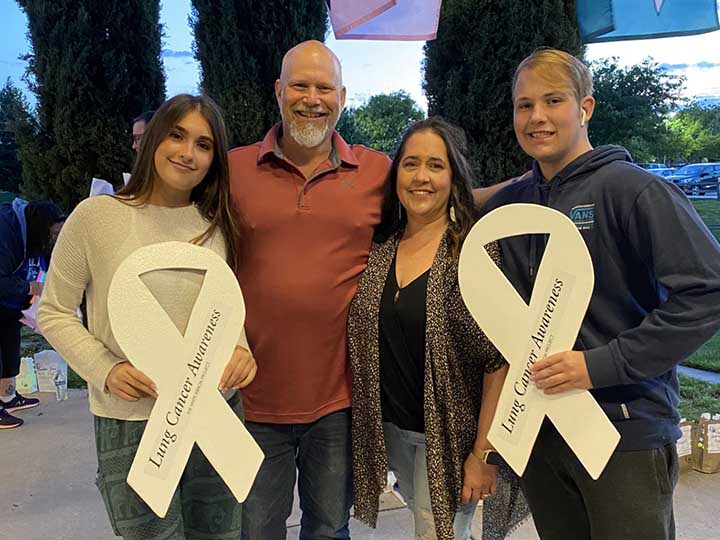
Rachele Thompson
Mom, Wife, Sister, Friend ~ Believer in Miracles!
My journey began at age 41 amidst the global pandemic over the summer months of 2020. One day, after mowing the lawn, I could not catch my breath and experienced a terrible coughing fit, which had never happened to me before. Thinking back, I had noticed that I had felt a little winded when I was working in the yard and walking my dog, but I hadn’t thought much of it until this episode. In fear that I had caught COVID19, I got tested, but upon a negative result, I was sent to a pulmonologist for further testing and imaging. Results found I had Stage IV ALK+ Adenocarcinoma NSCLC which had spread to my spine, lymph nodes, mediastinum and left lung. After a few rounds of iv chemo, a week of radiation and a prescription for Alectinib – my new miracle drug, I was on the road to recovery. After 8 months I was deemed “in remission” and still am to this day.
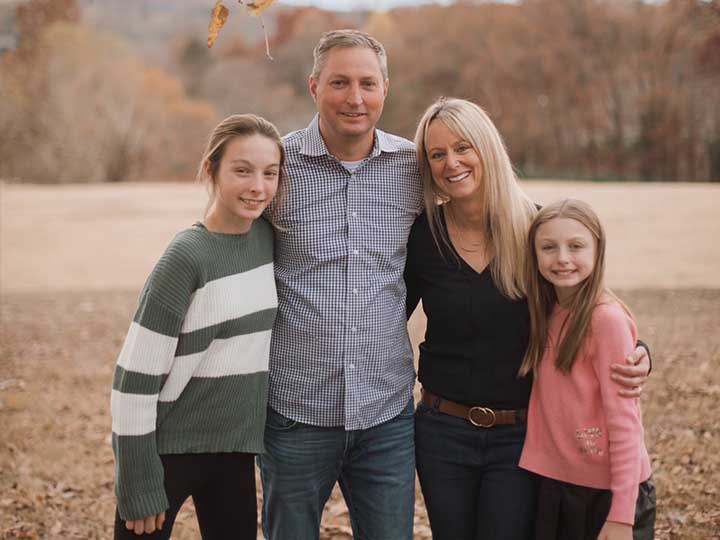
Amanda Nerstad
Wife to Gary, Mother of Isabella and Greta
I am a lung cancer survivor and dedicated advocate living in Knoxville, Tennessee with my husband and two daughters. My passion lies in raising awareness, fundraising, and moving research forward. I am actively engaged with ALK Positive Incorporated, where I was a board member, Vice President, and Summit Chair. I provide mentorship to lung cancer patients through the Lungevity Foundation, coordinate fundraising events, and participate in patient support activities. My efforts revolve around enhancing awareness, promoting research, and offering guidance to other lung cancer patients. Together with my family, I persistently work towards finding a cure, one cup of lemonade at a time.
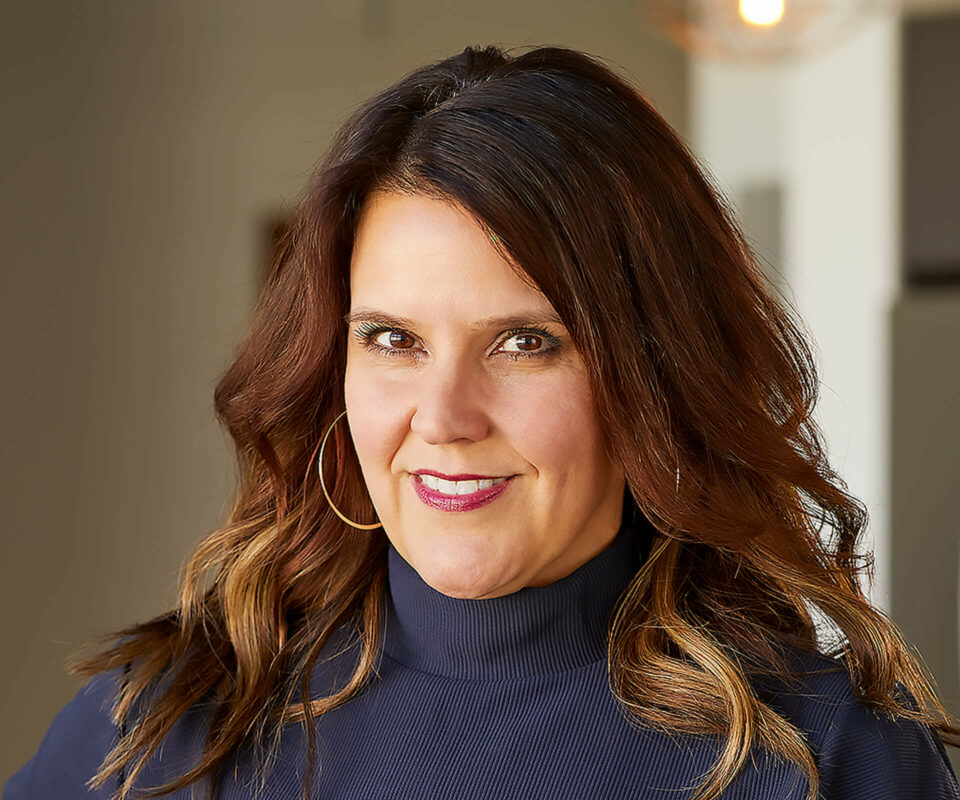
Emily Shea
Wife, Mother, Business Owner
I was diagnosed with stage 4 ALK+ Lung Cancer in 2022 at the age of 48. At the time, I was attending bootcamp six times a week and running a successful business with my partners while being mother to an active teenager. The diagnosis took our breath away, quite literally, especially because I had never smoked and placed a priority on my health and wellbeing. With a mass in my lung and mets to my brain and bones, I began treatment with a drug called Alectinib. Just over a year later, I progressed and am currently on another medication. When that stops working, I will begin running out of options, but I will never run out of hope. We need research and new treatments to helps us keep soldiering on and being there for our families, friends and communities.
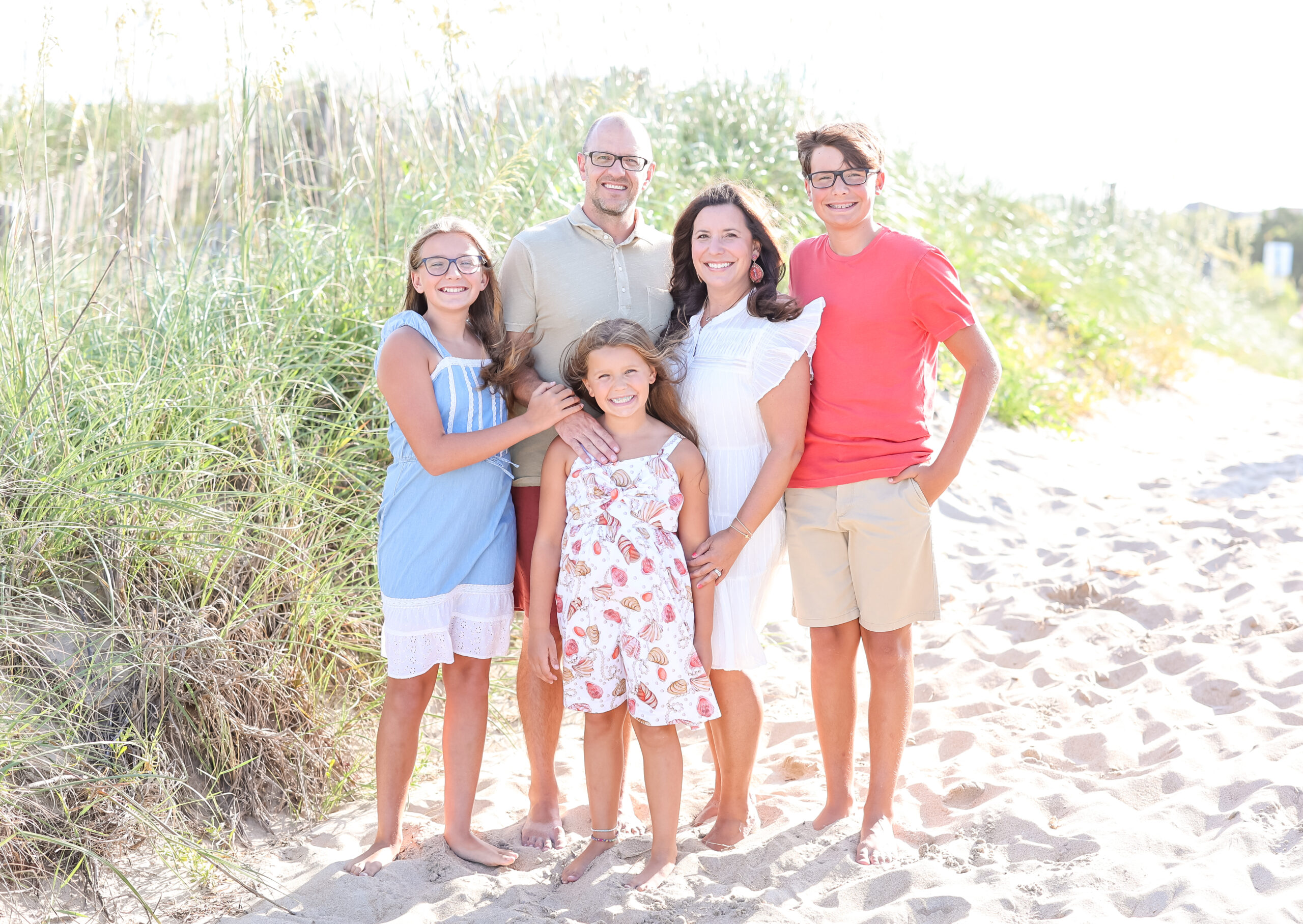
Christina Hershey
Wife & Mother
I was diagnosed with Stage IV ALK+ Lung Cancer in 2019 at the age of 39. At that time I was shocked, devastated, and thought I wouldn’t see my children grow up. However here we are over 5 years later and I am still doing well on my first line of therapy, Alecesna- a targeted therapy drug. Since then I have focused on living life to its fullest. We travel and spend as much time together making memories as a family. I have become a Lung Cancer advocate, spreading awareness that anyone with lungs can get lung cancer, advocating on Capitol Hill for additional funding, and raising thousands of dollars on my own to go towards new research. I am full of hope that I will in fact see my children grow up- but we need to continue to prioritize lung cancer research funding.
Learn more about ALK+ lung cancer
It Can’t Be Prevented
Lung cancer is cancer that forms in tissues of the lung, usually in the cells that line the air passages. There are two primary types of lung cancer:
- Small cell lung cancer (SCLC) is a rare fast-growing lung cancer that typically affects people who have a long history of smoking tobacco. SCLC occurs in approximately 10-15% of all lung cancers.
- Non-small cell lung cancer (NSCLC) is a group of lung cancers that behave similarly, such as squamous cell carcinoma and adenocarcinoma. NSCLC occurs in approximately 80-85% of all lung cancers.
Most ALK (Anaplastic Lymphoma Kinase) cancers occur in non-small cell lung cancer. ALK+ is a mutation in the DNA of the lung cells that happens when two genes (EML-4 and ALK) become stuck together, creating a fusion oncogene. With this mutation, the lung cells divide, making too many copies of themselves and resulting in uncontrolled cell growth.
While ALK+ lung cancer is caused by a mutation in the DNA, there is no known cause of that mutation. There is no known correlation of ALK-positive lung cancer with any environmental toxins, including smoking, second-hand smoke, asbestos, and air pollution.
Anyone can get lung cancer. No one deserves to get lung cancer.
Young Lives Are Cut Short
ALK+ lung cancer tends to impact young people, mostly women, who are otherwise healthy with no smoking history.
- Young: About half of ALK+ lung cancer patients are diagnosed before the age of 50 (compared to about age 70 for lung cancer overall), with many in their 30’s and 40’s with young families, and some even in their teens and twenties.
- “Never Smokers”: ALK+ lung cancer is strongly associated with a history of light or never smoking (“never smokers“). Lung cancer is not just a disease for smokers.
- Women: Women are more likely to be diagnosed with ALK+ lung cancer than men.
Because ALK+ lung cancer tends to grow uncontrollably with little to no symptoms, approximately 90% of people are diagnosed in the late stages after the cancer cells have spread to other parts of the body like the liver or brain (i.e., Stage IV). Once the cancer has spread, it becomes more difficult to treat.
Current Treatments Stop Working
More recently, researchers have been able to develop treatments that target ALK+ cancer growth. Tyrosine kinase inhibitors (TKIs), medications taken by pills once or twice daily, inhibit the growth of cancer by blocking the activity of the abnormal ALK protein that tells the cell to divide. By controlling the cancer’s “on-off” switch, TKIs can slow or even stop cancer progression, often with minimal adverse side effects compared to traditional treatments.
Even though patients tend to respond well to the TKIs, these drugs stop working because the cancer eventually develops a resistance. This resistance allows the cancer to grow uncontrollably again, often with untargetable gene mutations.
Crizotinib (Xalkori) was the first TKI approved as a first line treatment for ALK+ lung cancer in 2015. Since then, several other TKI medications have been approved by the FDA including alectinib (2015), ceritinib (2017), brigatinib (2020), and most recently lorlatinib (2021).
Breakthroughs Are Happening
Because of the negative stigma and lack of federal funding, top research professionals were historically driven away from focusing on lung cancer. As a result, little progress was made over several decades, and the prognosis for a fast-growing lung cancer like ALK+ was measured in months.
However, as the understanding of the disease progressed and more professionals dedicated themselves to finding a cure for lung cancer, the last decade of treatment approvals has been monumental for extending and improving the lives of people diagnosed with ALK+ lung cancer. These treatments — tyrosine kinase inhibitors (TKIs) — have increased life expectancy more than sixfold and improved quality of life dramatically.
While a positive interim step, patients with ALK+ lung cancer need longer-lasting treatment options. Researchers are now dedicating efforts to better understand why TKIs stop working, how to address resistance to these treatments, and develop alternative therapies such as vaccines that train the immune system to identify and attack cancerous cells.
In fact, support from our initial grassroots campaign in 2023, #SweatForBreath, provided critical, private-sector funding to help bring the first ALK+ lung cancer vaccine in the world to clinical trial.
It Is Under-Funded
So while lung and bronchus cancer is the third most common cancer diagnosis, it is by far the leading cause of cancer-related deaths (20% of all cancer-related deaths). Nearly three times more people die from lung cancer than the second most common cause of cancer death (colon and rectum).
As of 2023, lung cancer received the least amount of funding per death as compared to the other top 5 cancers. As a result, research for lung cancer as a whole and ALK+ lung cancer specifically has had to rely on the private sector to fill the gap between federal funding and the funding required to advance innovative treatments.
Notes: 2024 estimated funding & 2023 estimate deaths.
We are at a tipping point in making ALK+ a chronic or even curable condition. More help is needed!
